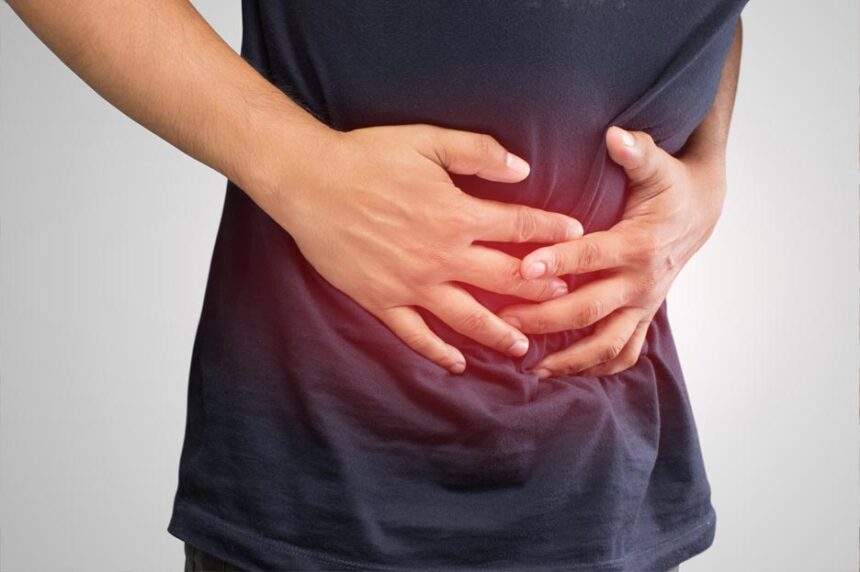Introduction:
Excessive gas, also known as flatulence, aerophagia, or bloating, is characterized by an accumulation of gases in the abdominal region, resulting in symptoms such as belching, intestinal noises, bloating (sometimes accompanied by pain), and excessive flatulence. While it may not pose a serious health problem, it can be discomforting for the individual experiencing it and those around them.
Understanding the Causes of Gas:
To comprehend why excessive gas occurs, let’s explore the potential causes:
- Flatulent Foods: Certain foods such as legumes, cruciferous vegetables, asparagus, artichokes, leeks, lettuce, whole grains and their derivatives, and fruits with skin can contribute to gas production.
- Sweeteners: Edulcorants like xylitol, mannitol, sorbitol, and saccharin.
- Fatty Foods.
- Excessive Fiber: Consuming too much fiber or introducing it abruptly into the diet.
- Carbonated Drinks: Beverages with carbonation or excessive liquid consumption during meals.
- Sudden Dietary Changes.
- Imbalance in Good and Pathogenic Gut Bacteria.
- Overeating, fast eating, or talking excessively while eating.
- Food Intolerances or Allergies: Lactose intolerance, intolerance to FODMAPs, gluten sensitivity, etc.
- Digestive Disorders: Conditions like gastritis, irritable bowel syndrome, functional dyspepsia, celiac disease, etc.
- Antibiotic Treatments.
- Constipation.
- Chewing Gum.
- Stress.
Tips for Gas Relief:
To alleviate the situation, consider implementing the following measures:
- Reduce Flatulent Foods: Cut back on foods known to cause gas and adjust the quantity until discomfort diminishes.
- Consume Fermented Foods: Incorporate raw sauerkraut, yogurt, or kefir to promote a healthy bacterial balance.
- Use Carminative Herbs: Cook flatulent foods with carminative spices or enjoy herbal infusions post-meals. Herbs like fennel, cumin, star anise, mint, laurel, and oregano are beneficial. Pre-soaking legumes before cooking and consuming them as a puree is also recommended.
- Check Processed Foods: Be mindful of added ingredients (milk, wheat, sweeteners) in processed products, as they may contribute to gas production.
- Mindful Eating: Consume meals slowly and in adequate quantities, avoiding post-meal fullness. Allow some time of calm after meals without overstretching.
- Time Your Dinner: Ensure a sufficient gap between dinner and bedtime, around 3 hours, to aid digestion before sleep.
- Minimize Air Intake: Eat with your mouth closed, limit talking while eating, and avoid carbonated beverages and chewing gum.
- Regular Exercise: Engage in regular physical activity to maintain proper intestinal transit and facilitate gas expulsion.
Personalized Approach:
It is crucial to listen to and understand our bodies to identify specific trigger foods, as individual responses to the same food can vary. If self-management proves challenging, consulting a nutritionist for a personalized gas-relief diet is advisable.
Conclusion:
Effectively managing and preventing excessive gas involves a combination of dietary adjustments, lifestyle modifications, and awareness of one’s body. By implementing these strategies, individuals can find relief from discomfort and improve their overall digestive well-being.













